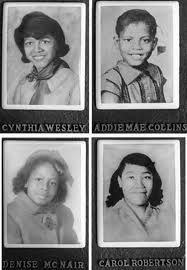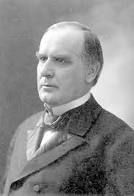This is your morning Open Thread. Pour your favorite beverage and review the past and comment on the future.
September 18 is the 261st day of the year (262nd in leap years) in the Gregorian calendar. There are 104 days remaining until the end of the year.

On this day in 1793, George Washington lays the cornerstone to the United States Capitol building, the home of the legislative branch of American government. The building would take nearly a century to complete, as architects came and went, the British set fire to it and it was called into use during the Civil War. Today, the Capitol building, with its famous cast-iron dome and important collection of American art, is part of the Capitol Complex, which includes six Congressional office buildings and three Library of Congress buildings, all developed in the 19th and 20th centuries.
As a young nation, the United States had no permanent capital, and Congress met in eight different cities, including Baltimore, New York and Philadelphia, before 1791. In 1790, Congress passed the Residence Act, which gave President Washington the power to select a permanent home for the federal government. The following year, he chose what would become the District of Columbia from land provided by Maryland. Washington picked three commissioners to oversee the capital city’s development and they in turn chose French engineer Pierre Charles L’Enfant to come up with the design. However, L’Enfant clashed with the commissioners and was fired in 1792. A design competition was then held, with a Scotsman named William Thornton submitting the winning entry for the Capitol building. In September 1793, Washington laid the Capitol’s cornerstone and the lengthy construction process, which would involve a line of project managers and architects, got under way.





Recent Comments